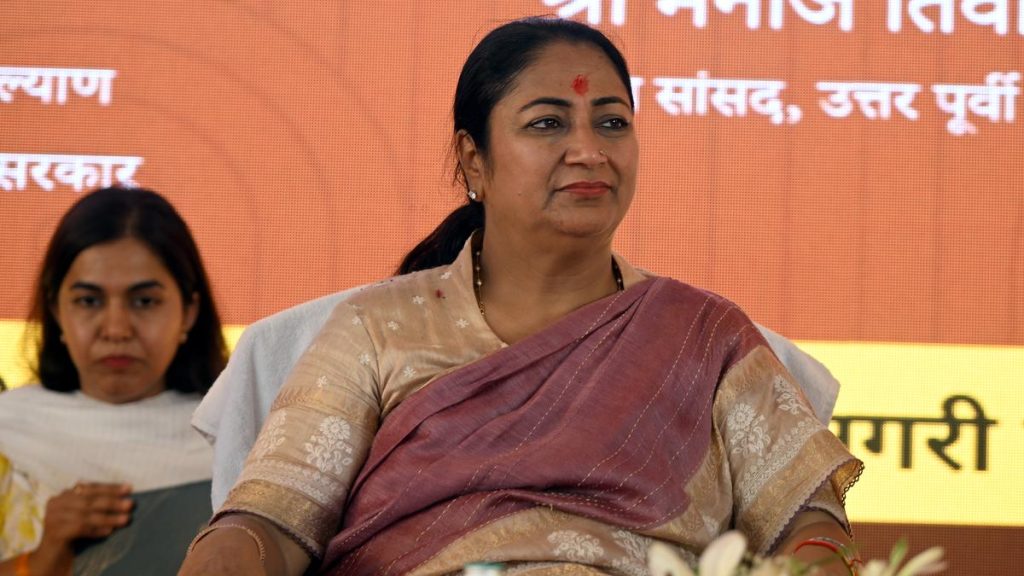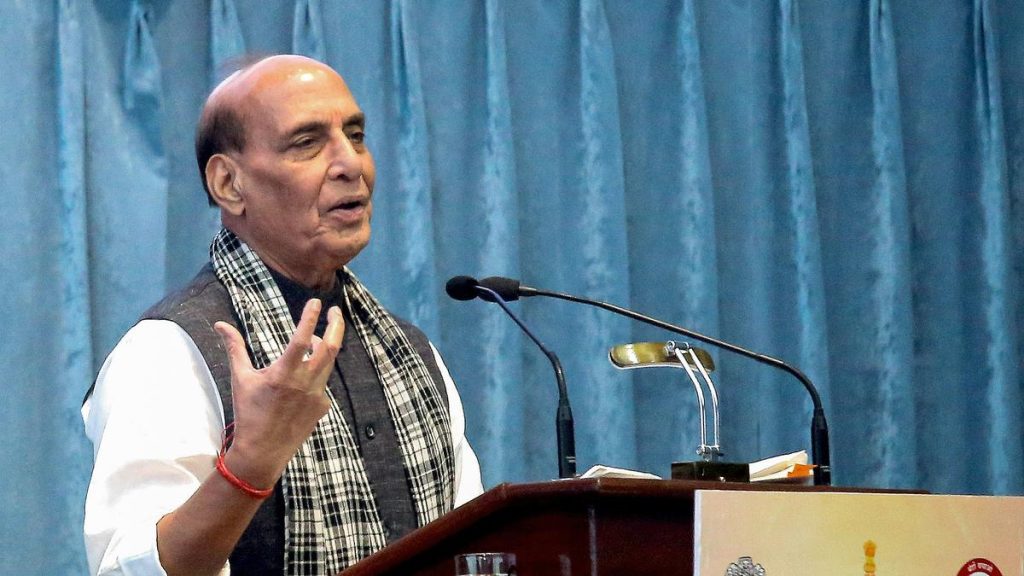Now Reading: After ‘Dog Babu’, Now ‘Dogesh Babu’ Applies for Residential Certificate in Bihar
-
01
After ‘Dog Babu’, Now ‘Dogesh Babu’ Applies for Residential Certificate in Bihar
After ‘Dog Babu’, Now ‘Dogesh Babu’ Applies for Residential Certificate in Bihar

Speedy Summary
- Incident Summary: In Bihar’s Nawada district, a residential certificate application was submitted online in the name of “Dogesh Babu” with parental details marked as “Dogesh ke papa” and “Dogesh ki mummy,” featuring a dog’s photo.Authorities have launched a probe into the incident.
- Previous Case: A similar incident occurred earlier in Patna’s Masaurhi block, where a certificate was issued under the name “Dog Babu,” with actions swiftly taken to cancel it and penalize responsible staff.
- Reason for Spike in Applications: The Special Intensive Revision (SIR) of electoral rolls ahead of state elections mandated residential certificates as one of 11 required documents, leading to increased applications through RTPS (Right To Public Service) portals.
- Official Actions Taken: Ravi Prakash, DM of Nawada district, ordered an FIR citing tampering with administrative processes and pledged strict action against perpetrators.
- Political Response: Leader of Opposition tejashwi Yadav criticized the JD(U)-led government for alleged flaws in issuing certificates under SIR; he referenced past incidents like one with Sunny Leone’s name on official records.
Images:
Indian Opinion Analysis
The misuse or manipulation of administrative services such as RTPS highlights challenges within bureaucratic systems where digitization faces issues like improper verification or false entries. While these instances may appear trivial, they reveal loopholes that could undermine serious processes like electoral roll preparation during critical times such as elections.
The surge in applications due to SIR introduces pressure on administrative personnel managing heightened logistical demands alongside robust verification requirements. Ensuring authenticity is vital not just for maintaining operational integrity but also public trust-especially when election-related credibility is at stake.
Additionally, politicization risks diverting attention from addressing procedural gaps directly responsible for these errors.For effective governance and service delivery reforms, accountability within implementation mechanisms should remain prioritized over partisan blame games.
Read more at the Hindu
























